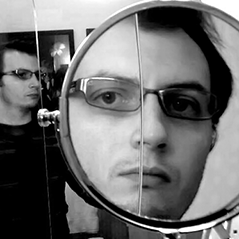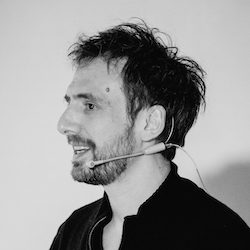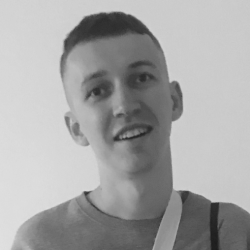to top
About Scalar ONLINE
2020 is the year of the first digital Scalar conference.
We are aiming to create an online experience that will let all of us meet, learn and celebrate our community.
Join us on the 15th of May 2020!
Scalar Online is a digital, all-day all-timezones Scala conference with 45min' presentations, Q&A sessions, and networking opportunities.
We stick to the one-track-for-all formula you all know and love.
Plus we use a dedicated tool that facilitates networking in smaller groups.
We've got a couple of experiments & surprises - the scheduled talks are just one part of the conference!
We're excited to go digital with you! Save your spot!
SCALAR ONLINE IN SHORT:ONLINEAn insightful digital experience: learn new skills and exchange Scala and FP knowledge while staying home.
SocialMeet and spend time with other FP enthusiasts from all over the world.
Knowledge from expertsTalk with the world-class experts in Scala.
Experiments & surprisesLet's join our forces and create an experience to meet each other, spend great time and support everyone in the community.
An insightful digital experience: learn new skills and exchange Scala and FP knowledge while staying home.
Meet and spend time with other FP enthusiasts from all over the world.
Talk with the world-class experts in Scala.
Let's join our forces and create an experience to meet each other, spend great time and support everyone in the community.
